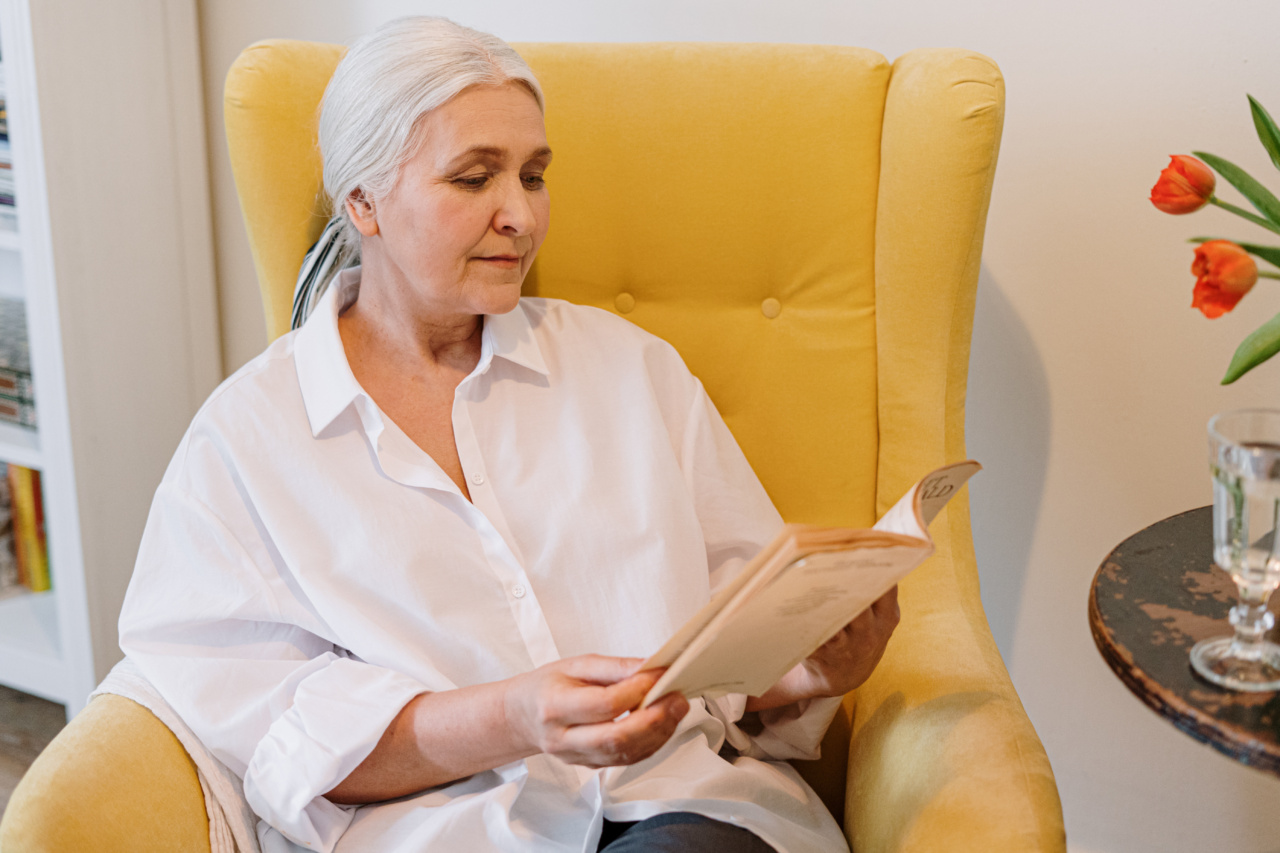As humans, we are social creatures. We need human interaction to feel fulfilled and happy.
Social isolation, defined as being separated from social contact, whether voluntarily or involuntarily, can have an impact on all aspects of our health, including our brain health. This impact is especially pronounced in seniors, who are often at an increased risk for social isolation.
The Importance of Social Interaction for the Elderly
As we age, our social networks tend to shrink. Friends and family members may move away or pass away, which can leave seniors feeling alone and isolated. Seniors who live alone may be especially susceptible to social isolation.
Social interaction is vital for mental health, and a lack of social interaction can lead to depression and anxiety. A recent study found that seniors who were socially isolated had an increased risk of cognitive decline.
Social Isolation and Dementia Risk
Dementia refers to a decline in cognitive function that can interfere with daily life. There are many factors that can contribute to the development of dementia, one of which is social isolation.
Studies have found that seniors who are socially isolated are at an increased risk of developing dementia. One study found that older adults who did not engage in social activities experienced a 70% faster rate of cognitive decline than those who were socially active.
Social Connection and Exercise for Brain Health
Exercise is important for both physical and mental health. Regular exercise can help improve mood and slow cognitive decline. Engaging in physical activity can also help seniors connect with others.
Group exercise classes, such as yoga or dancing, can be a great way for seniors to socialize and exercise.
Technology: A Tool for Connection
Technology has become an important tool for social connection, especially for seniors who may have difficulty leaving their homes. Social media platforms, such as Facebook and Instagram, can help seniors stay connected with family and friends.
Video chat programs, such as Skype or Zoom, can allow seniors to have face-to-face conversations with loved ones who are far away.
The Role of Caregivers and Volunteers in Combating Social Isolation
Caregivers and volunteers can play a vital role in combating social isolation in seniors. Caregivers can provide companionship to seniors who may be lonely.
Volunteers can provide transportation to social events, help with errands, or simply offer a listening ear. Organizations that provide support and companionship for seniors, such as Meals on Wheels or Senior Centers, can also be helpful in combating social isolation.
Conclusion
Social isolation can have a significant impact on senior brain health. Seniors who are socially isolated are at an increased risk of depression, anxiety, cognitive decline, and dementia.
Connecting with others through social activities, exercise, technology, and the help of caregivers and volunteers can help combat social isolation and improve brain health in seniors.































